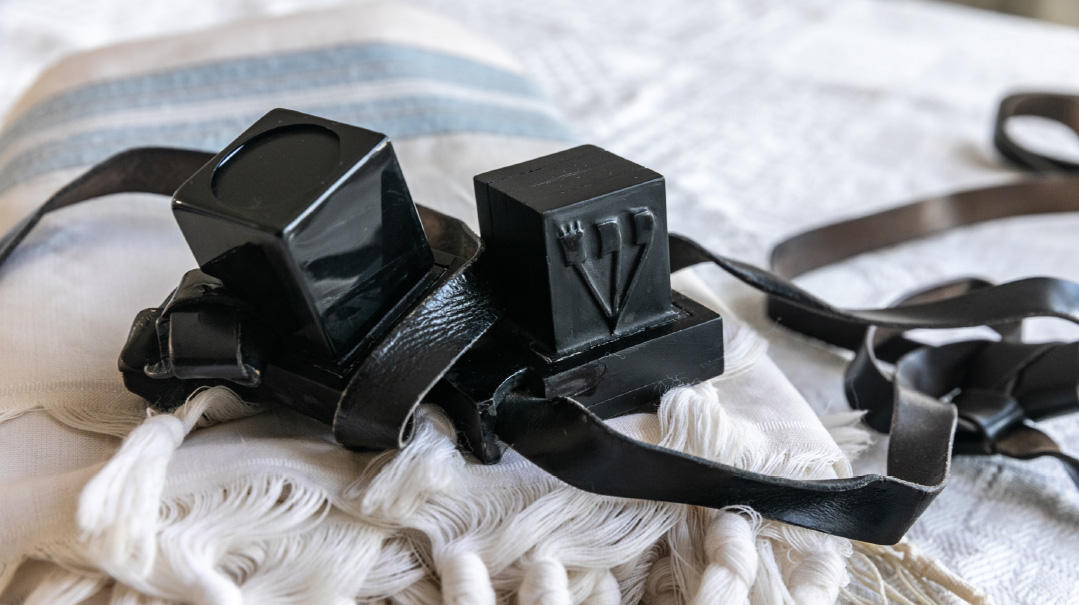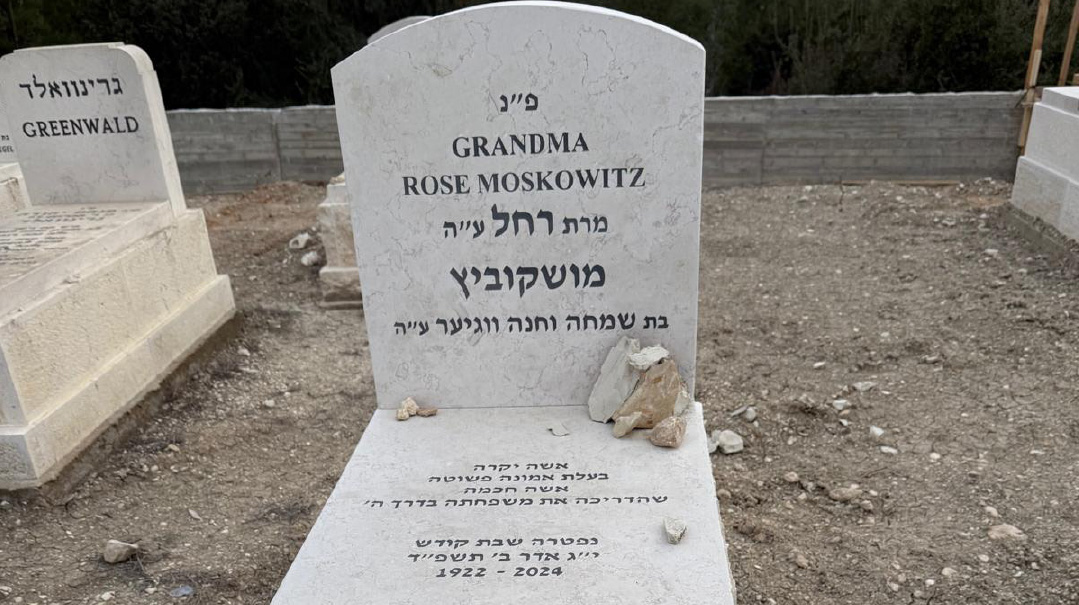You Can Take It to the Bank
| April 25, 2018T
here were only six chairs in the waiting area, three facing three. Hardly enough for an enormous bank like that. Facing me was an old Jewish woman, her non-Jewish helper, and a young frum mother holding a double stroller. On my side were two young yeshivish men, discussing something quite excitedly in Yiddish.
Twice now I had been promised, “Someone will be with you soon.” They had better; I had to see my next client in a half hour on the other side of Brooklyn. I glanced nervously at the clock and missed the entrance into our little waiting area of a very old Jewish man, cane in hand, an aide at his side.
I immediately sprang up and asked, “Would you like to sit down?”
Both yeshivah men sprang to their feet as well, offering their seats, and walking away to continue their conversation. The old man waved to me to sit down. He took the chair on the left, I sat in the middle, and the aide on my right. I sat between them on purpose. I wanted to talk to the old man.
The old man thanked me for the seat and I replied, “Mipnei seivah takum.” He smiled. Nice dentures, beautiful smile. He had to be over 80. He spared me the trouble of striking up a conversation by telling me this bank used to be another bank and before that, a different one and before that, well, I forgot what he said.
“How long have you lived in New York?” I asked.
“Since 1946.”
That could only mean one thing: he was a Holocaust survivor. Shyness was never something I have been accused of. I wanted to know his story.
“You’re from Europe?”
“Yes.”
“You were in the camps?”
“Yes.”
“Which one?”
“Dachau.”
“Anyone else in your family survived?”
“No. All killed.”
A long awkward silence. He sat stoic, silent. I sat stunned. How could this man ever smile again? Even 65 years later? Have I pried too much? Should I leave him alone? Did I awaken anything? But no one who has lived through this needs to “be awakened.” The mind has a way of sealing off events in a prominent folder that is always present, seldom opened.
He began to speak again, “I came later to Dachau. Many of us from Hungary were sent to different labor camps. I worked in one for a while and then in another and also in Siberia. Near the end of the war, we were all sent to Dachau.”
“Who liberated you, the Russians or the Americans?”
“The Americans.”
I was worried my questions were too personal or intrusive for a stranger to be asking. But there was no sign of emotion on his face at all, and so, I pressed on. “What did you do in the labor camps?”
Something began to show. “Oh, how we worked! We had to build a bunker two stories high. We carried 50 kilo sacks of cement up two flights of steps and ran back down, bag after bag, to bring up another. The English had bombed the area and we had to rebuild the defenses.”
How ironic, I thought. Imagine, helping the Germans with the war effort.
I wondered how they managed on 200 grams of food a day, standard fare, from what I’d read. I asked him about this but he didn’t reply. Maybe he didn’t hear me, or maybe he knew that someone like me would never understand how one survives on air and prayer.
(Excerpted from Mishpacha, Issue 707)
Oops! We could not locate your form.






